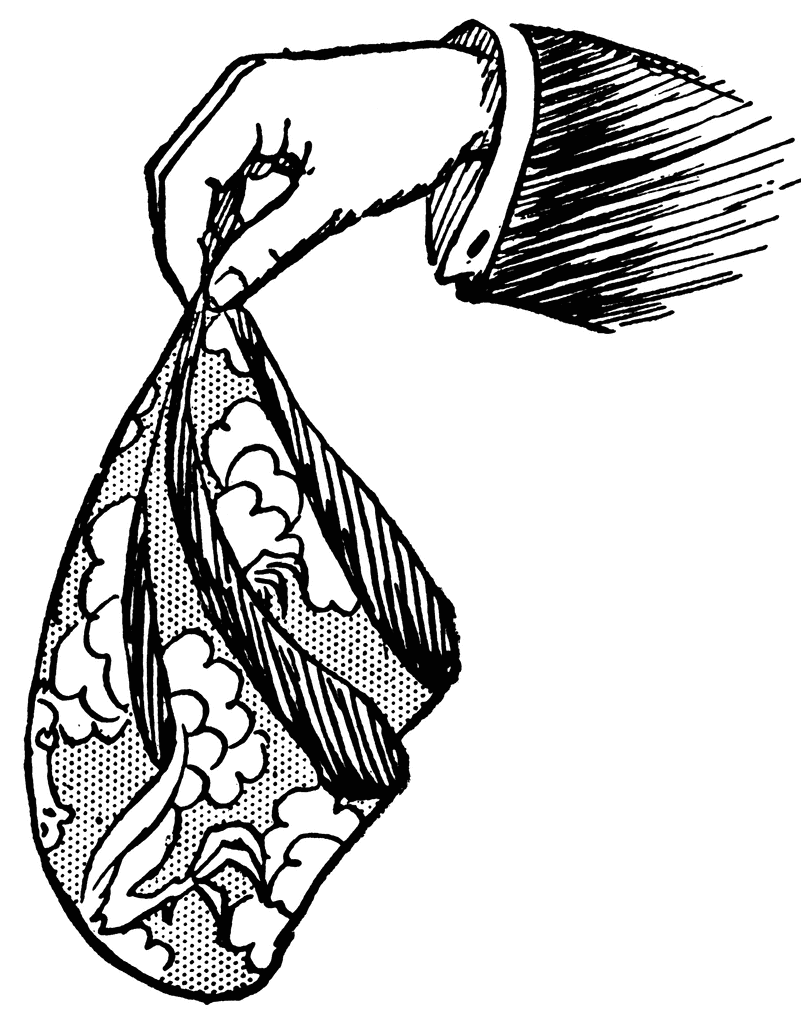As anybody who sits through class with me is well aware, I have year-round, persistent allergies. I decided a while ago that the trees no longer needed my snot. Here's somethings to consider.
Environmental Impact
Tissues, whatever brand you buy, are made of paper. The largest producer of pulp for tissues is Kimberly-Clark, owner of the Kleenex® brand. Greenpeace waged an aggressive Kleercut campaign to get them to stop logging in old-growth forests that officially ended in 2009 due to a commitment from the company to protect Canada's Boreal Forest. Regardless, according to the NRDC the "virgin timber-based pulp and paper industry is the third greatest industrial emitter of global warming pollution. Its carbon dioxide emissions are projected to double by 2020."
Social Impact
The Kleenex® website provides a lovely history of its product. The company initially marketed it as a make-up remover, until some savvy employee noted how useful it was to deal with his hay-fever. And hence, a large contribution to the disposable culture pervasive throughout our society was born. For a great description of the breadth of this problem Green Coalition recommends the informative and entertaining Story of Stuff.
Americans have always been particularly germ phobic, and there may be some correlation between the fear of mucus and the tendency to want to throw it out as if it was toxic waste. But just FYI, you touch a lot more mucus than you think.
The Law
It's a big issue, so just focusing on the stance of the current administration protecting national forests: "No logging or road project on tens of millions of forested acres will proceed without personal approval by the Agriculture Department's secretary for at least a year while the Obama administration decides how to handle a controversial Clinton-era roadless rule, officials said today." -NYtimes May 28, 2009.
To learn more about the roadless rule, check out this timeline and website. Suffice to say, the current White House is more of a friend of forests than the previous, but it is NOT enough to rest on.
What can you do?
Number 1:
Use a handkerchief. I promise cloth is softer than any tissue you have ever wiped under your nose. This article> suggests a different hanky for each day of the week.
My personal strategy has been to cut up old t-shirts. Especially if it's a shirt that's too tattered/small to keep wearing but you really love it, it's a very special way to keep that shirt as a loving presence in your life.

Number 2:
Follow this guide published by the NRDC and purchase the most responsible disposable tissue product possible. Some composts can take your dirty tissues. Then you can think about eating your snotty tissue when you chomp into a beautiful homegrown tomato next August!